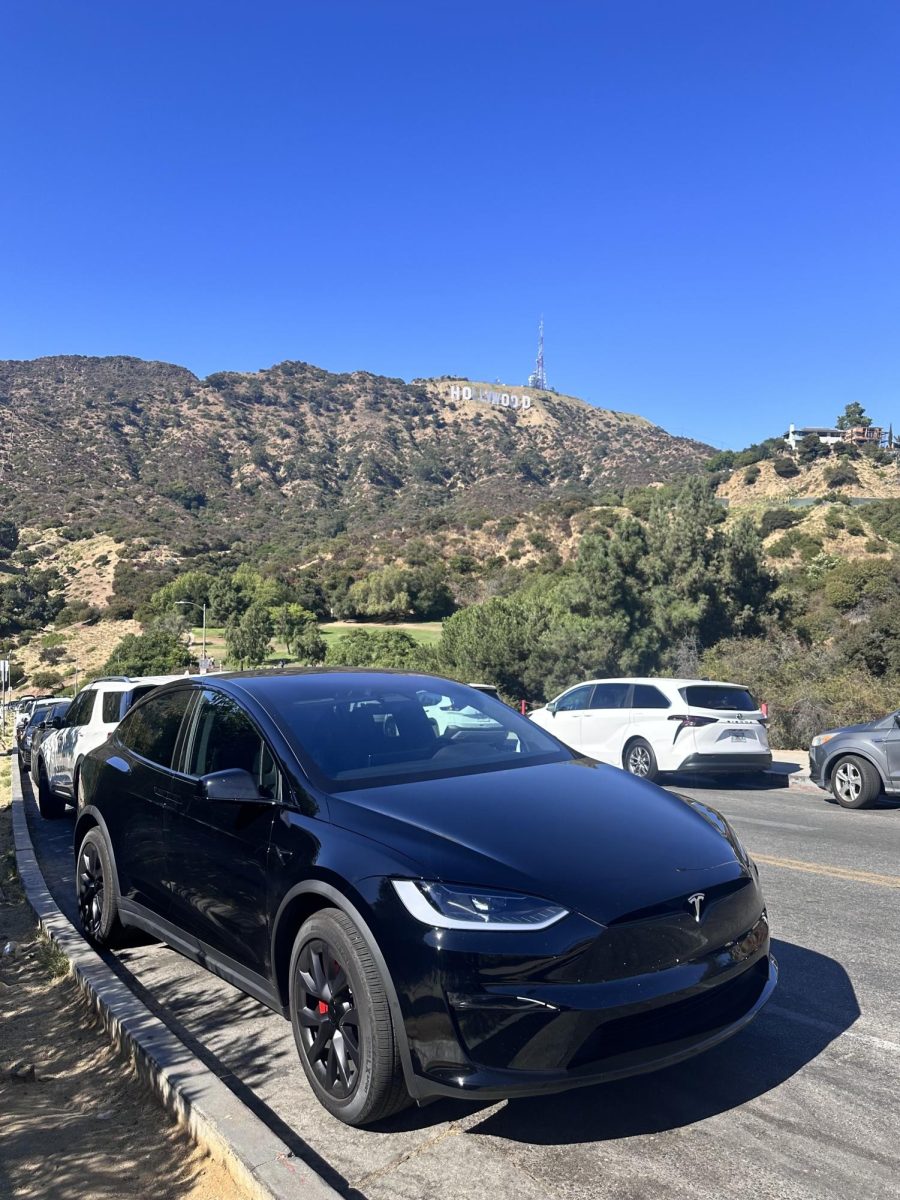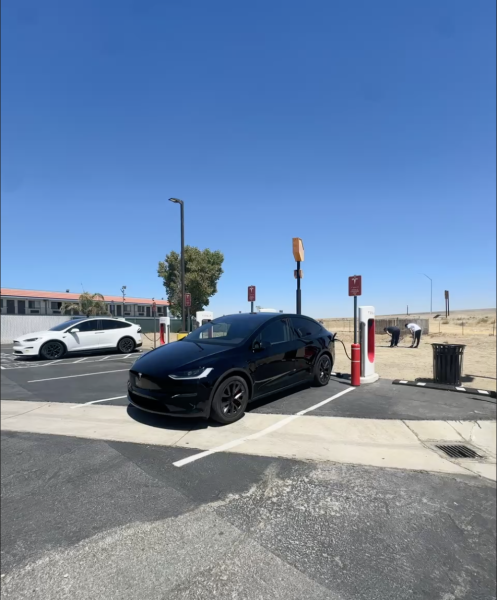
Yahya Najeeb
With the recent advent and explosion of EV sales, electric vehicles like Teslas have become a rather common sight.
Elon Musk is well-known entrepreneur and amongst his notable accomplishments with Tesla and the impressive electric cars they have produced. Tesla has sold a mind-boggling 4.97 million vehicles, and every year its sales and production increase. It’s now pretty common to find a Tesla or an electric car on the road, and this is because most car companies are switching to EVs, Electrical Vehicles. EVs now come in many varieties of trucks, crossovers, and SUVs, as well as sporty and luxurious models, which further attracts consumers. As the world switches to more sustainable products, many consumers question whether electric cars or gas cars are superior.
One of the biggest selling points of EVs is that they are environmentally friendly. EVs don’t release carbon dioxide or other harmful gasses that most gasoline cars do. Electric cars are powered using electricity-charged batteries which reduces their direct carbon footprint, but can lead to an increased demand in electricity production overtime. On the other hand though, the harmful gases directly released by gas cars can lead to air pollution and climate change. However, it is important to note that improvements in fuel efficiency have led to less carbon emissions in gas vehicles, although their collective impact is still significant.

When looking at costs for both EVs and gas cars, electric cars initially tend to cost more than gas cars. This is mostly due to the price of their batteries. But one thing to remember is that long-term savings are more efficient with electric cars because they rely on cheaper electricity than gasoline. Another downside of gas cars is that they typically have higher maintenance costs. This includes oil changes, spark plug replacements, exhaust issues, and other problems resulting from an engine’s complexity. Just doing an oil change on a Bugatti will cost you around $20,000 – $25000.
Next, turning to performance and convenience, electric cars have much quicker acceleration and smoother handling. The instant torque that goes directly to the wheels of an EV, plus its light weight gives it its quickness. A Tesla Model S Plaid can go 0-60 mph in 1.98 seconds, whereas a Lamborghini Huracan Performante can go from 0-60 mph in 2.5 seconds. However although gas cars might not be as quick as electric cars, they do offer a greater range. Also, the widespread use of gas stations makes it easier to fill up a gas car, and they can refuel quickly and save consumers lots of time. Electric charging stations are more uncommon to find especially in rural areas, and EVs require longer charging times.

As the automotive industry shifts toward sustainability, electric cars are gaining more popularity. Elon Musk said, “Tesla is here to stay and keep fighting for the electric car revolution”. The choice between electric or gas cars is based on your needs. If you want a car that is environmentally friendly, has lower maintenance costs, is quick in performance, and has long-term savings, an electric car is the best choice. However, if you need to cover long distances without the need to refuel too much, or higher upfront costs are a concern, then in that case, a gas car remains the better option.
So what do you think? Are electric cars really better than gas cars?